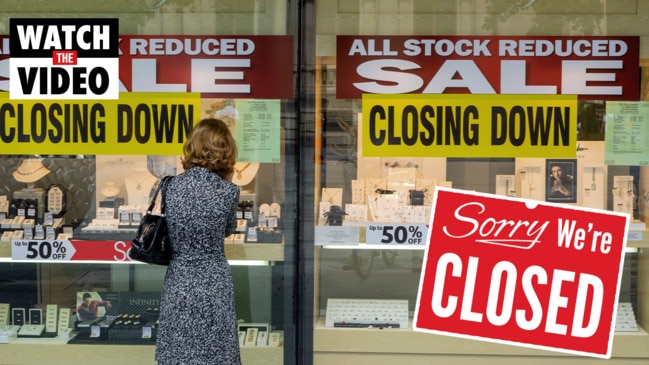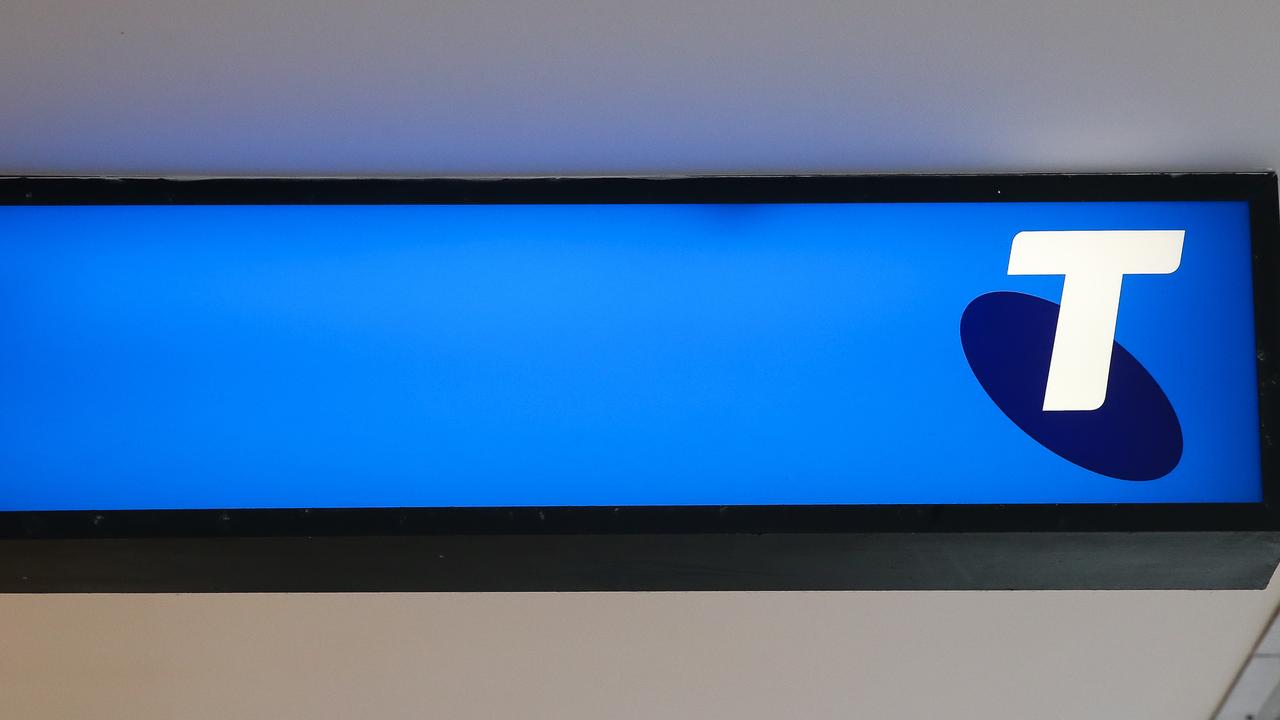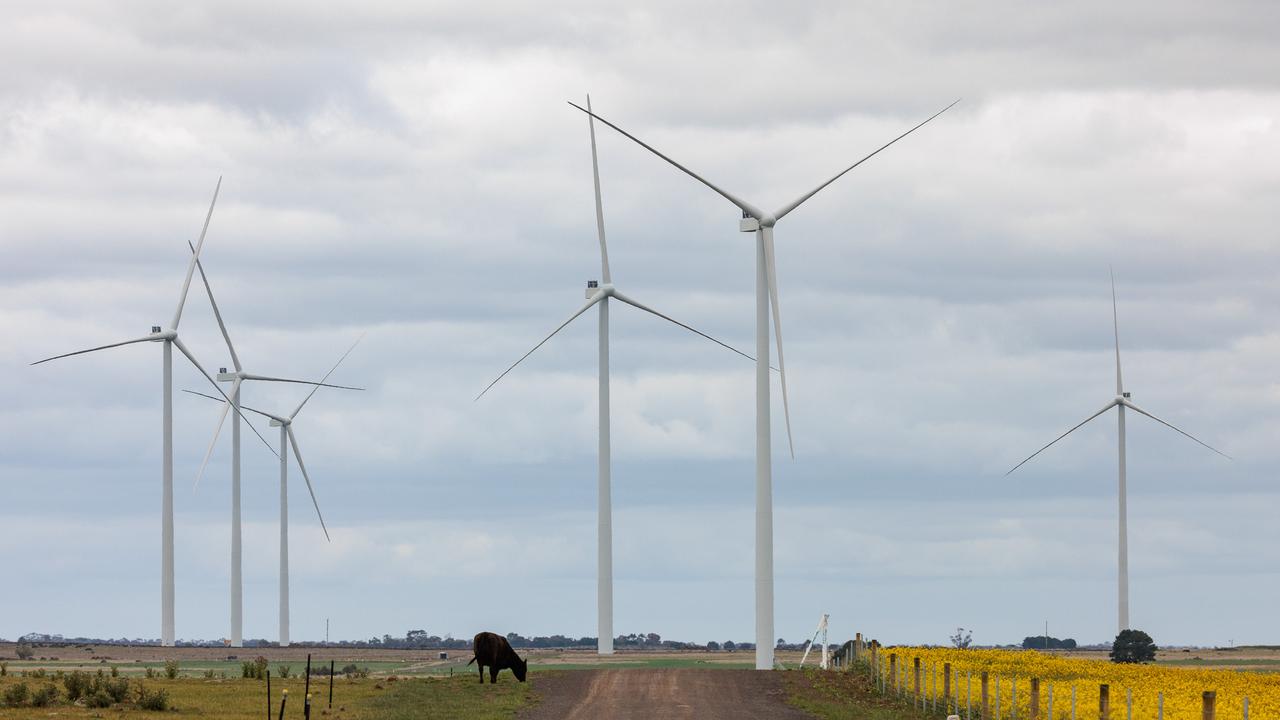Collapsed company lent founder $4.7 million for ‘personal asset purchases’
Staff were left “shell-shocked” when they lost their jobs and investigations have revealed there was just $20,000 in the bank when it collapsed.

A technology company that collapsed, despite planning to raise money with a valuation of $1 billion, had just $20,000 in the bank and an outstanding loan to its sole director worth $4.7 million, minutes from a creditor’s meeting have shown.
The company called Metigy was founded in 2015 and offered an artificial intelligence platform for small business marketing.
Minutes from a meeting of creditors on August 9 obtained by The Sydney Morning Herald showed liquidators are investigating the $4.7 million loan to the company’s chief executive, which was allegedly used to fund “personal asset purchases”.
Meanwhile, investors were owed around $32 million via convertible notes, according to the minutes, and there was $227,000 outstanding to suppliers, while it also had statutory liabilities of more than $2 million.
One former employee claimed the coming months would be “tough” without being paid.
Have a similar story? Continue the conversation | sarah.sharples@news.com.au

‘Shell-shocked’ employees owed money
Metigy’s demise, which saw 75 staff members lose their jobs immediately, left many “shell-shocked”.
The creditor’s meeting minutes revealed employees were owed around $1 million in outstanding entitlements.
One staff member, who had been with the company for just four months before it collapsed, claimed he didn’t receive his last month’s pay.
He said finding out he had lost his job three weeks ago while on holidays had been “tough”.
“I am sad. And overwhelmed. It’s overwhelming when you and all your colleagues lose their jobs,” he wrote on LinkedIn.
“It’s also overwhelming when you realise you didn’t get paid for the last month either. And that I probably won’t get paid for the next few months because I’ll need to go through the interview process, land a job, work a month and then finally receive that paycheck.
“It doesn’t help that this all happened on my first week of holidays and that I had to manage and hear about all of this on my supposed break from a different timezone.”

The company’s collapse was a particular shock as it planned to raise money just two months ago.
Australian private equity firm Five V Capital had recently presented Metigy as an case study showing it was valued at $105 million in October 2020 when it invested and its last evaluation sat at $1 billion in April this year, reported the Australian Financial Review.
Insolvency firm Cathro & Partners, who is dealing with Metigy’s collapse, said they were investigating the sale of assets and intellectual property of the company when it folded at the start of August.
But the minutes revealed while 18 parties had expressed interest, no buyer had been found yet.

‘Massive rise’ in collapses
It’s no secret there has been a “massive rise” in Australian companies collapsing but recent findings showed they have skyrocketed by a whopping 50 per cent since April.
Tech companies are struggling in Australia after a share market bloodbath, which has left investors spooked and made funding harder to find.
The latest was a Melbourne-based e-sports company called Order that went under after raising $5.3 million in funding last year, which blamed the pandemic and cashflow issues for its demise.

Other failed businesses include grocery delivery service Send, which went into liquidation at the end of May, after the company spent $11 million in eight months to stay afloat.
Last month, Australia’s first ever neobank founded in 2017, Volt Bank, went under with 140 staff losing their jobs, while 6000 customers were told to urgently withdraw their funds.
A Victorian food delivery company that styled itself as a rival to UberEats and Deliveroo also collapsed in July as it became unprofitable, despite making more than $6 million worth of deliveries since it launched in 2017 and had 18,000 customers.
A venture capital firm issued a sobering message about the state of Australia’s start-up industry, warning that more new companies would go bust and pulling back on funding as a result.






